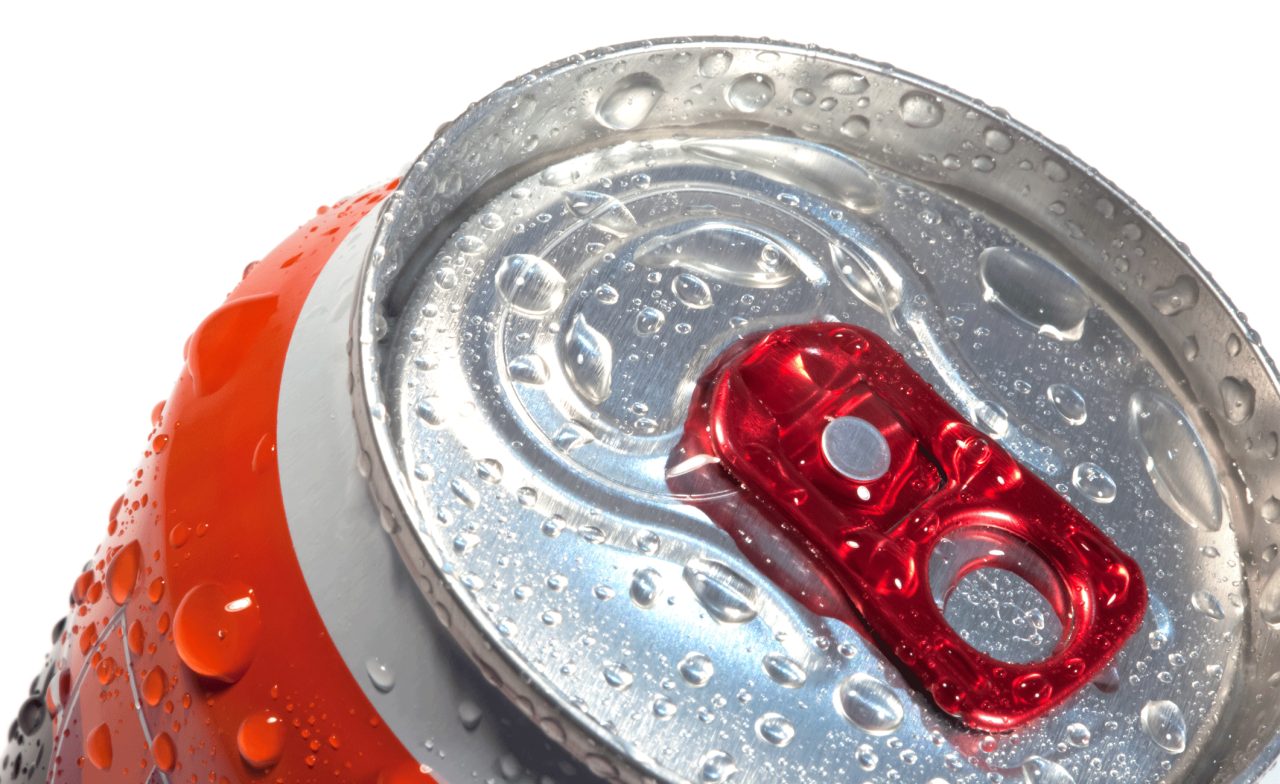Side Effects of Energy Drinks

Energy drinks are extremely popular, but don’t assume they are good for you. In fact, the side effects of energy drinks are a good reason to avoid them.
Every day you seem to have another drink option. You’ll see drinks that contain CBD, or cannabidiol, the calming ingredient in marijuana; drinks with vitamins; drinks with fruit and vegetable juices; drinks with caffeine; drinks with no sugar.
Are energy drinks safe?
Any drink with labeling that suggests it will give you energy, make you more alert, or improve your performance during sports probably contains caffeine, the ingredient that gives coffee its kick. Tolerance for caffeine varies from one person to the next. For most people, a dose of over 400mg/day could cause restlessness, increased heartbeat, and insomnia. Anyone with a heart condition should stay away.
Energy drinks may contain other stimulants, supplements, herbs, and vitamins, and manufacturers are required to list warnings on labels about consuming more than the recommended serving.
No one knows what the effect might be of a regular habit of consuming energy drinks over years.
YOU MIGHT ALSO LIKE: Why You Don't Need Energy Drinks
Who chooses energy drinks?
Next to multivitamins, energy drinks are the most popular dietary supplement among American teens and young adults. At least a third of teens — from ages 12 to 17 — drink them regularly, according to the National Institute of Health, probably because teens are so short on sleep. Energy drinks are especially popular among men ages 18 to 34.
The effects of caffeine
At high doses, caffeine can cause:
- Increased blood pressure
- Heart palpitations
- Anxiety and panic attacks
- Diarrhea
- Increased urination
- Dizziness
- Irritability
- Nausea
- Nervousness
- Jitters
- Allergic reactions
- Headaches
If you’re physically addicted to a regular dose, and miss your drink, withdrawal can be difficult.
Energy drinks sneak caffeine into your day, and you might not realize how much you’ve had. Keep this in mind: On average, a 16-oz Monster or Rockstar contains 150 mg of caffeine, a bit more than you’d get in half a cup of coffee.
You’ll see several kinds of energy drinks, besides the 16-oz sizes:
- Mega sizes
- Fitness drinks like Bang and Redline that contain more than the ordinary amount of caffeine
- Energy shots, with a small amount of concentrated liquid
Energy drinks also often contain guarana, sometimes called Brazilian cocoa, which contains caffeine, too. Other stimulating ingredients are sugar, taurine, ginseng, B vitamins, glucuronolactone, yohimbe, carnitine, and bitter orange.
The side effects of energy drinks
When an Australian poison center reported on about 300 calls linked to energy drinks, it listed the most common symptoms that raised alarm. Palpitations were more common, followed by:
- Tremors or shaking
- Restlessness or agitation
- Gastrointestinal upset (including gas)
- Chest pain
- Dizziness
- Tingling or numb skin
- Insomnia
- Breathing trouble
- Headaches
The biggest dangers arise when you mix energy drinks with other drugs. The Centers for Disease Control reports that teens and college students who mix alcohol with energy drinks are four times more likely to go on a binge than those who skip the energy drink.
Anyone who mixes the two is more likely to end up having unwanted or unprotected sex, drive drunk or ride with an intoxicated driver, or sustain alcohol-related injuries. One reason is that you may not be able to tell how intoxicated you are. Buoyed by caffeine, you feel more alert, but your motor coordination and reaction time is just as impaired as it would be if you didn’t take the extra caffeine.
Combining energy drinks with marijuana or painkillers can lead to a visit to the emergency room.
How safe are the ingredients in energy drinks?
Besides caffeine and sugar, some other ingredients in energy drinks have caused concern.
- Taurine. There isn’t enough taurine in energy drinks to help or hurt you.
- B vitamins. In one example, a man who had five energy drinks a day over three weeks ended up with too much niacin (B3) in his body and developed hepatitis. More than 35 mg of niacin (B3) can make your skin flush.
- Inositol. Diarrhea is the main risk.
- Ginseng. Possible symptoms include diarrhea, insomnia, headache, rapid heartbeat, increased or decreased blood pressure, breast tenderness, and vaginal bleeding.
- Ginkgo biloba. Possible symptoms include nausea, diarrhea, headaches, dizziness, heart palpitations, and restlessness. The herb can interact with blood thinners and antidepressants.
- BCAAs. Sports drinks sometimes contain branched-chain amino acids thought to help your muscles recover after exercise. They may lower your blood sugar and accelerate liver disease in alcoholics.
You can get away with an energy drink now and then instead of coffee. But if they’re a regular habit, you’re probably not getting enough sleep and need a better solution.
Updated:
September 14, 2023
Reviewed By:
Janet O’Dell